PORTO CANCER MEETING
PREVIOUS EDITIONS
27th PORTO CANCER MEETING 2021
PORTO CANCER MEETING 2021 | MENU
Speakers
27th PORTO CANCER MEETING 2021

Bruno Simões
Breast Biology group, University of Manchester, UK
“I am a Research Fellow at the University of Manchester. The focus of my career has always been to understand the molecular mechanisms that govern normal and breast cancer stem cells. My ultimate goal is to translate basic discoveries to clinical applications that can in the long term contribute to a reduction in breast cancer mortality.“
“I obtained my degree in Microbial Biology and Genetics at the University of Lisbon, in 2004, after completing a Research Training in Pavia (Italy). My PhD studies were carried out in Bilbao (Spain) under the supervision of Dr Maria Vivanco and were mainly focused on analysing the effects of estrogen in human breast stem cells. In 2011, I joined the Breast Biology group led by Professor Rob Clarke, at the University of Manchester, and since then I have been investigating the role that breast cancer stem cells play in the acquisition of endocrine therapy resistance in estrogen receptor-positive tumours. I have also been working with Dr Sacha Howell in developing better chemoprevention approaches for women at risk of breast cancer since 2016.”

Cécile Gauthier-Rouvière
CRBM-CNRS, Monpellier, France
Cécile Gauthier-Rouvière is principal investigator at the Montpellier Cell Biology Research Center in France. Her research is focused on the molecular mechanisms driving cancer cell invasion. Her research projects use state-of-the-art cell biology approaches to identify new molecular mechanisms of cancer cell migration and invasion in order to provide new therapeutic options for cancer diagnosis, prognosis and therapy. She has published more than 50 papers in high impact factor cell biology journals, has more than 40 invitations to speak at international meetings (ASCB annual meeting, Gordon and FASEB research conferences) and was a former president of the french society for cell biology (SBCF).
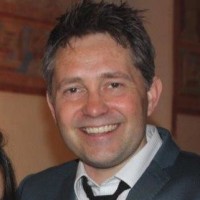
Chris D. Madsen
Department of Laboratory Medicine, Division of Translational Cancer Research, Lund University, Lund, Sweden
The research group of Chris D. Madsen aims to understand single cell behaviour and remodelling of the extracellular matrix (ECM) taking place during the progression of cancer. His work is focusing on obstructing metastatic spread of cancer, by targeting the individual cancer cells and by rewiring the stromal compartment of tumour microenvironment. His research also aims at improving drug delivery -and efficacy, by interfering and rewiring the tumour microenvironment.
Chris D. Madsen is a leading expert on 3D high-resolution imaging of the ECM1, and an expert in the fields of cancer metastasis, tumour microenvironment, tissue stiffness and mechano-biology. His laboratory routinely conducts preclinical animal experiments, often in conjunction with intravital imaging modalities such as multi-photon microscopy, second harmonic generation (SHG) imaging and multispectral optoacoustic tomography (MSOT).
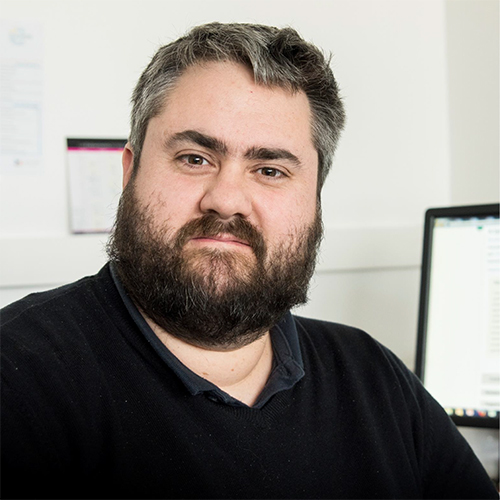
Christophe Ginestier
Epithelial Stem Cells and Cancer Lab, Cancer Research Center of Marseille, Marseille, France
Christophe Ginestier is leading the Epithelial Stem Cells and Cancer lab at the Cancer Research Center of Marseille. This research team has developed a large expertise in normal and malignant human mammary stem cells isolation and characterization. They have identified different therapeutic strategies to target the breast CSC population and developed pre-clinical trials using PDXs. More recently, they have developed a unique methodology to screen libraries and evaluate CSC evolution by high content screening. Christophe Ginestier holds a PhD in Oncology (Aix-Marseille University) and performed a postdoc in Max Wicha’ s Lab (University of Michigan, Ann Arbor, USA). He co-authors more than 90 articles in peer-reviewed journals such as Nature Medicine, Cell Stem Cell, Journal of Clinical Investigation or EMBO Molecular Medicine. He is the current President of the SUNRiSE network (www.sunrise-network.fr) that promotes cancer stem cell research in France.
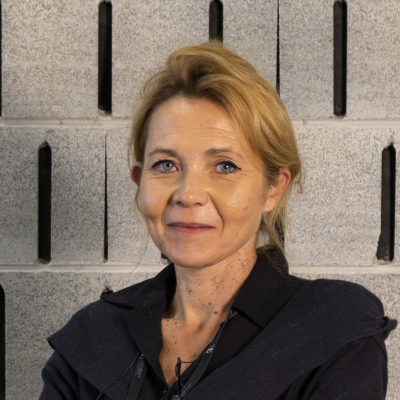
Florence Janody
Cytoskeletal Regulation & Cancer, i3S, Porto, Portugal
Florence Janody performed her Ph.D. in Cell Biology, Structural Biology and Microbiology at the Developmental Biology Institute of Marseille Luminy (IBDML) in the laboratory of Dr. Nathalie Dostatni before joining the laboratory of Dr. Jessica Treisman for a Postdoctoral training at Skirball Institute in New York (USA) in 2000. During these trainings, her main interest has been to understand how signal transduction cascades coordinate changes in gene expression. In a mosaic genetic screen for novel genes involved in signalling activity, she identified loss of function mutation for genes encoding Actin Binding Proteins (ABP). She established her independency in 2006 at Instituto Gulbenkian de Ciência (IGC) in Portugal. Her lab has reported that the actin cytoskeleton conveys signals from the cell membrane into intracellular signalling pathways, leading to cancer transcriptional programmes. She moved her lab in January 2018 to Instituto de Patologia e Imunologia Molecular da Universidade do Porto (Ipatimup)/ Instituto de Investigação e Inovação em Saúde (i3S) with the goal of deciphering the cytoskeletal rules governing carcinogenesis, focusing on signalling networks promoting aberrant cell plasticity properties, as these mechanisms underlie disease progression and therapeutic resistance, using the fruit fly Drosophila melanogaster; inducible human cell lines, tumour samples and computational modelling.
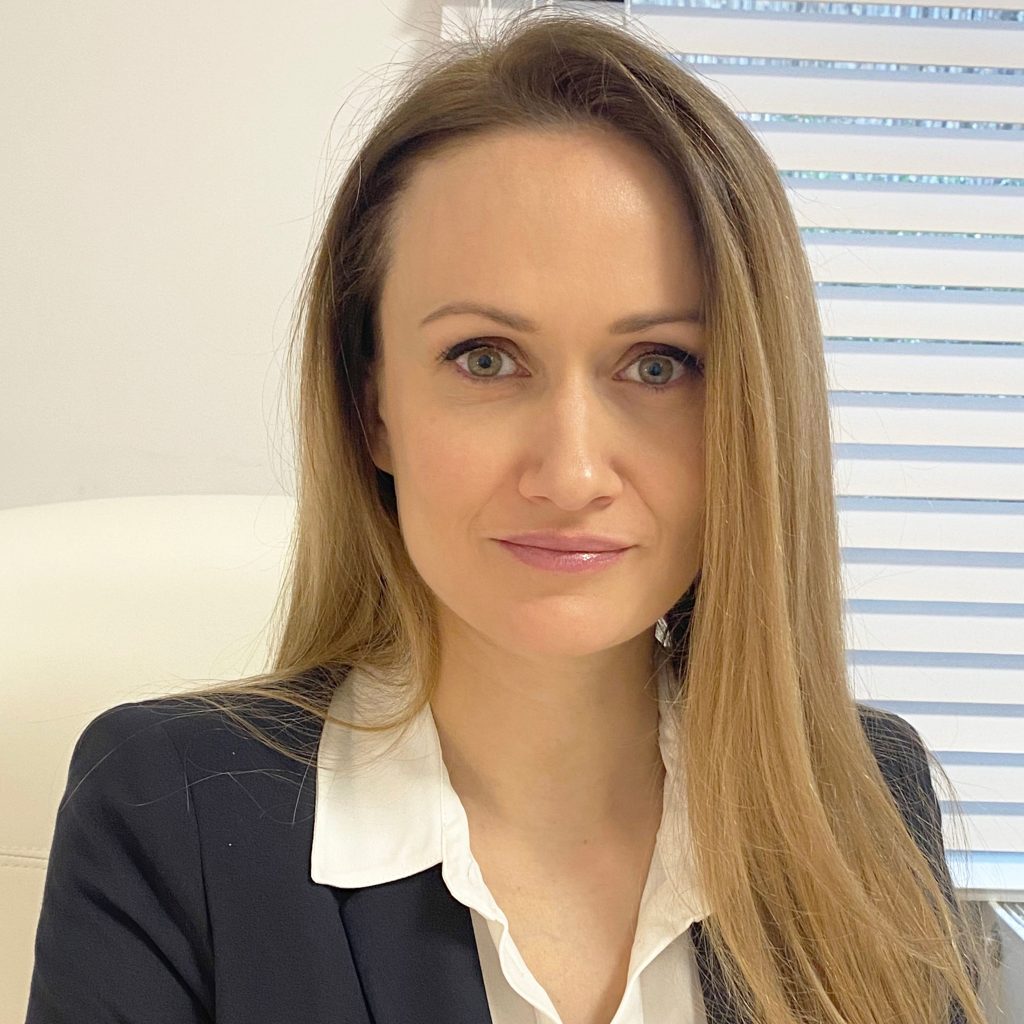
Ievgenia Pastushenko
Université Libre de Bruxelles (ULB), Bruxelles, Belgium
Ievgenia Pastushenko is dermatologist specialised in dermato-oncology and surgery and a postdoc in the Laboratory of Prof. Cedric Blanpain at the Université Libre de Bruxelles (ULB) in Brussels, Belgium. During the postdoc, she focused her work on understanding the mechanisms regulating epithelial tumor heterogeneity and epithelial to mesenchymal plasticity. She discovered the tumor transition states occurring during tumor progression and identified the subpopulation of cells responsible for metastasis. Recently, Ievgenia uncovered that loss of function of FAT1, a gene frequently mutated across many human cancers, promotes hybrid epithelial to mesenchymal transition (EMT) and defined the precise molecular mechanisms underlying this phenotype.
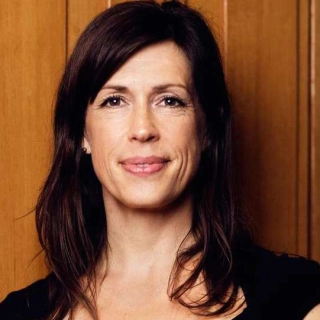
Janine Erler
Biotech Research and Innovation Centre (BRIC), University of Copenhagen, Denmark
Prof Janine Erler is a tenured full Professor in cancer biology at the Biotech Research and Innovation Centre (BRIC), University of Copenhagen, Denmark, where she researches how the tumour microenvironment drives cancer progression.
Janine obtained a BSc (Hons) in 2000 in Molecular Genetics in Biotechnology from the University of Sussex, UK. She then obtained a PhD in 2003 in Molecular Pharmacology from the University of Manchester, UK, researching how tumour hypoxia drives chemoresistance. After this, Janine did her post-doctoral training at Stanford University for four years where she continued her research on hypoxia but now focused on how this drives metastasis. She then returned to the UK in 2008 to set up her own lab at the Institute of Cancer Research, and moved her lab to BRIC in Denmark in 2012.
She is Founder and CEO of a start-up company developing new anti-cancer therapies, spun out of her lab at the University of Copenhagen. Janine also heads a programme for precision medicine for cancer patients at the main hospital in Denmark (Rigshospitalet) together with her clinical partner Prof Ulrik Lassen (head of Oncology).
Janine has received many honors and awards for her work, and is an elected member of the Danish Royal Academy of Sciences and Letters.
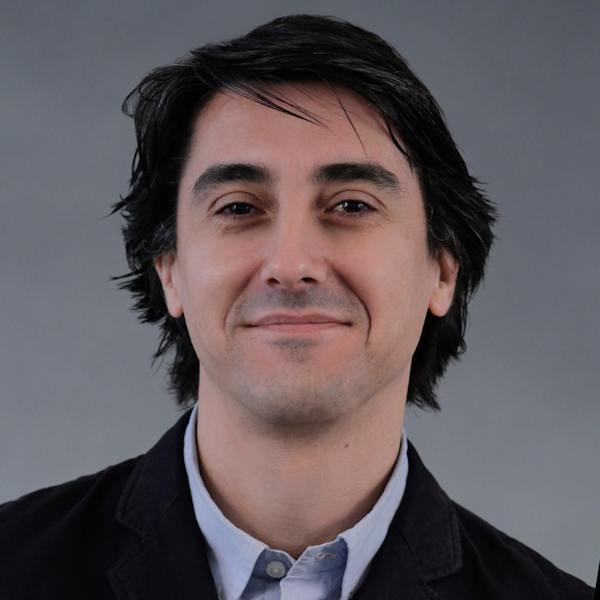
João Nuno Moreira
Center for Neurosciences and Cell Biology (CNC), University of Coimbra, Portugal
João Nuno Moreira scientific activity is focused on the design of lipid-based nanosystems for anticancer drug and nucleic acid targeted delivery, addressing the impact on the tumor microenvironment, at the cellular and molecular level, both in vitro and in animal models of cancer. Co-author of several publications in peer-reviewed journals, 9 book chapters and 10 filed patents (3 of them have been granted in the United States and 2 in Europe, – and licensed to TREAT U, SA).
Educational Background and Positions
Degree in Pharmaceutical Sciences (PharmD; University of Coimbra); MSc. in Cellular Biology (University of Coimbra); PhD in Pharmaceutical Technology (University of Coimbra/University of Alberta, Edmonton, Canada – Terry Allen’s Group)
Habilitation (“Agregação”) in Pharmaceutical Technology (University of Coimbra); Tenured Assistant Professor (Faculty of Pharmacy, University of Coimbra)
Awards, Merits and others
Group Leader at CNC (Group of Tumor microenvironment and targeted medicines)
President of the Spanish-Portuguese Local Chapter of the Controlled Release Society (Jan 2016 – Jan 2018).
Member of the International Committee of the Controlled Release Society (2015/2016).
Member of the Board of the Portuguese Association for Cancer Research (ASPIC) (2016 – 2018).
Research work on breast cancer, has been honored by the Portuguese Society of Senology (2012).
Winner of the 2010 Education Innovation Awards within the scope of the MIT-Portugal program.
Lecturer on the advanced course on Principles and Practice in Drug Development (at MIT, Boston, USA; 2007, 2009, 2011 – 2017).
Expert reviewer for the European Medicines Agency (2019); PhD and Post-Doc fellowships (Portuguese Foundation for Science and Technology, including panel Coordinator in 2015) and grants from international funding agencies (EuroNanoMed ERA-Net Consortium; Netherlands Organization for Scientific Research; French National Research Agency, Israel Science Foundation, Dutch Cancer Society; COST Actions, Italian Foundation for Research on Amyotrophic Lateral Sclerosis, National Science Center in Poland).
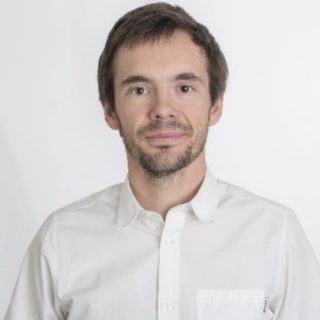
Manuel Valiente
Brain Metastasis Group, CNIO, Madrid, Spain
Dr Valiente is the Head of the Brain Metastasis Group (CNIO, Madrid). His laboratory uses preclinical models to discover critical aspects of the biology of brain secondary tumors derived from breast cancer, lung cancer and melanoma. Brain metastasis is the most common tumor affecting the brain for which there are very limited therapeutic options to the point that it is considered an unmet clinical need. Dr Valiente and his group have identified key mechanisms of brain colonization such as the molecular regulation of the inefficiency of this process, the critical role of the crosstalk between metastasis initiating cells and brain capillaries and the complex influence of the reactive microenvironment shaping the evolution of metastatic cells in the brain. More recently, the Brain Metastasis Group has pioneered a successful new therapeutic strategy that targets a disease-associated pro-metastatic subpopulation of glial cells. The benefits derived from this therapy to both experimental models as well as to patients with brain metastasis emphasize the importance of targeting organ-specific survival mechanisms to treat metastases more effectively. His EMBO YIP laboratory is funded by national and international grants, including an ERC CoG.

Maria Vivanco
CIC bioGUNE, Basque Research & Technology Alliance (BRTA), Bilbao, Spain
María dM Vivanco graduated from the University of the Basque Country, worked at Sandoz (Basel) and carried out her PhD thesis at EMBL (Heidelberg). After her post-doctoral studies at UCSF (San Francisco), María started her own lab at the Institute of Cancer Research in London, where she identified mammary stem/progenitor cells in the human breast. At CIC bioGUNE, her team is characterising normal and cancer stem cells and examining their role in resistance to endocrine therapy. She is on the committee of the European Network for Breast Development and Cancer and has worked with breast cancer charities, including Breakthrough (UK) and Acambi (Spain).
A major objective of the laboratory is to gain further insight into the roles of steroid hormone receptors in normal breast tissue and during breast cancer development. Thus, the influences of hormones, cross-talk with other signaling factors and the microenvironment on breast stem cells and on their transformation into cancer initiating cells are being explored, particularly focusing on their effects during development of resistance to endocrine therapy. Recent work from the lab has revealed the role of CSCs in resistance to tamoxifen and has highlighted the molecular heterogeneity observed in response to the cell environment.
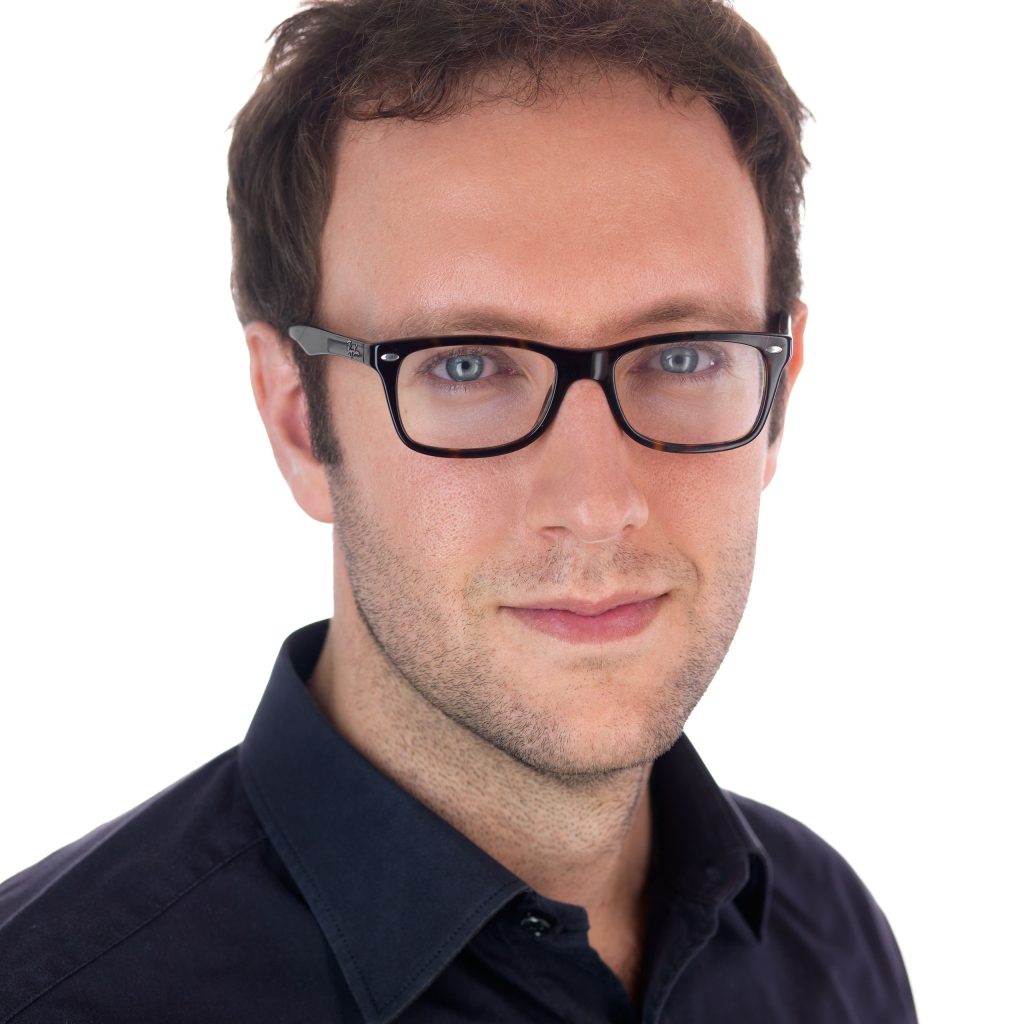
Nicola Aceto
Swiss Federal Institute of Technology (ETH) Zurich, Zurich, Switzerland
Nicola Aceto is Professor of Molecular Oncology at the ETH Zurich. Previously, he has been Swiss National Science Foundation Assistant Professor of Oncology at the University of Basel. Recent discoveries of the Aceto lab include important insights into the metastatic process, namely investigations of the biology and vulnerabilities of circulating tumor cell clusters, some of which already translated in clinical trials for patients with metastatic breast cancer. Previously, Nicola worked as a postdoctoral fellow in the Haber lab at Harvard Medical School and Massachusetts General Hospital Cancer Center in Boston, MA, USA, where he identified circulating tumor cell clusters as metastatic precursors. He has also been an active member of the Broad Institute of MIT and Harvard in Cambridge, MA, USA, and a visiting scientist in the Clevers lab at the Hubrecht institute, the Netherlands. Nicola received a PhD summa cum laude from the Friedrich Miescher Institute (FMI) in Basel, Switzerland with a thesis on protein tyrosine phosphatases and their role in breast cancer. He received three ERC Grants (StG 2015, PoC 2018, CoG 2020) and several awards related to his work on circulating tumor cells, including a prestigious Friedrich Miescher Award for Outstanding Achievements in Biochemistry (2020). He is an inventor in 10 patent applications related to the diagnosis and treatment of cancer.
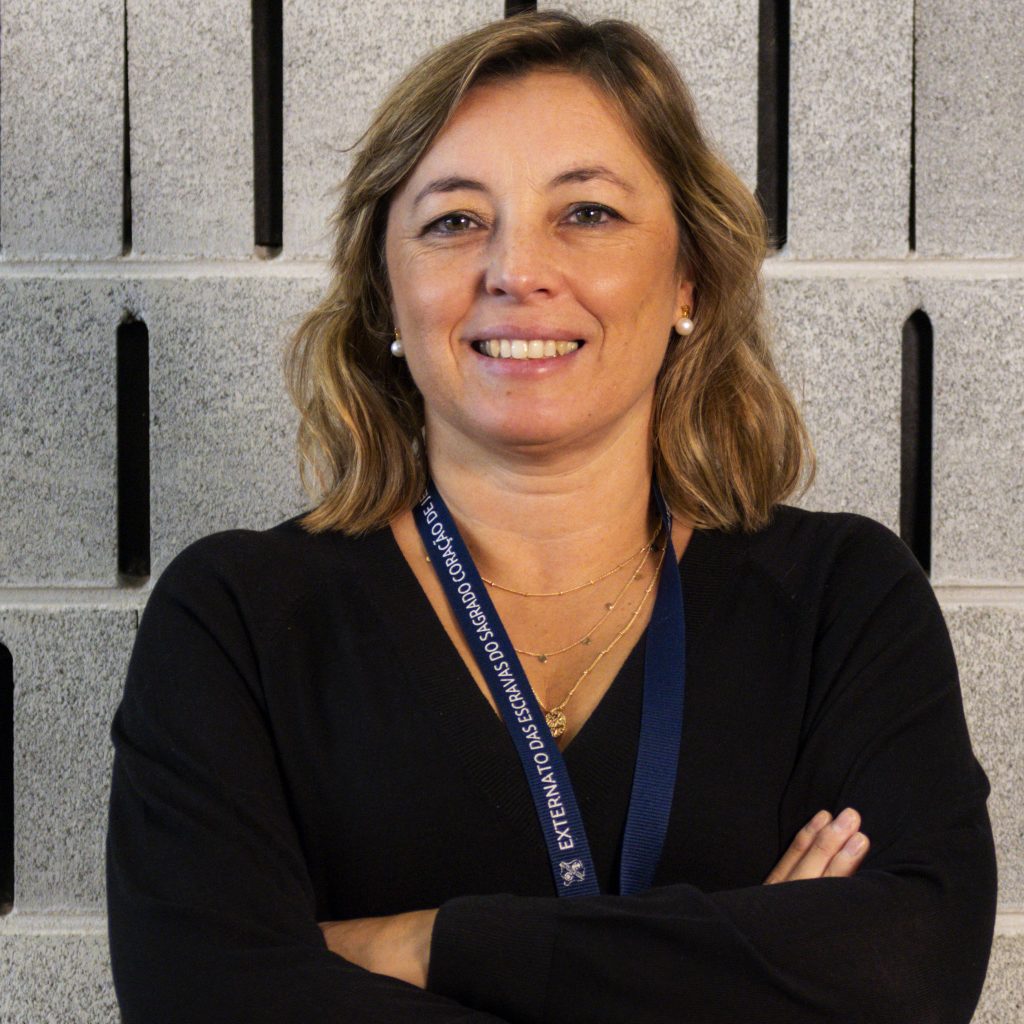
Raquel Almeida
Differentiation & Cancer, i3S, Porto, Portugal
Raquel Almeida is Principal Researcher and Group Leader of the Group Differentiation and Cancer at i3S, Porto. She is also an Invited Assistant Professor at the Department of Biology in the Faculty of Sciences of the University of Porto. She obtained her BSc in Biology in 1994 and her PhD in Human Biology in 2000, at the University of Porto. The PhD studies were performed in the University of Copenhagen, under the supervision of Professor Henrik Clausen, on the identification and characterization of glycosyltransferase gene families followed by a post-doc and a researcher position at Ipatimup, studying preneoplastic lesions and gastric cancer. In 2013, she established her group focusing on transcriptional and post-transcriptional regulatory mechanisms involved in gastrointestinal cancer progression and therapy resistance. She has authored or co-authored 70 international scientific publications.
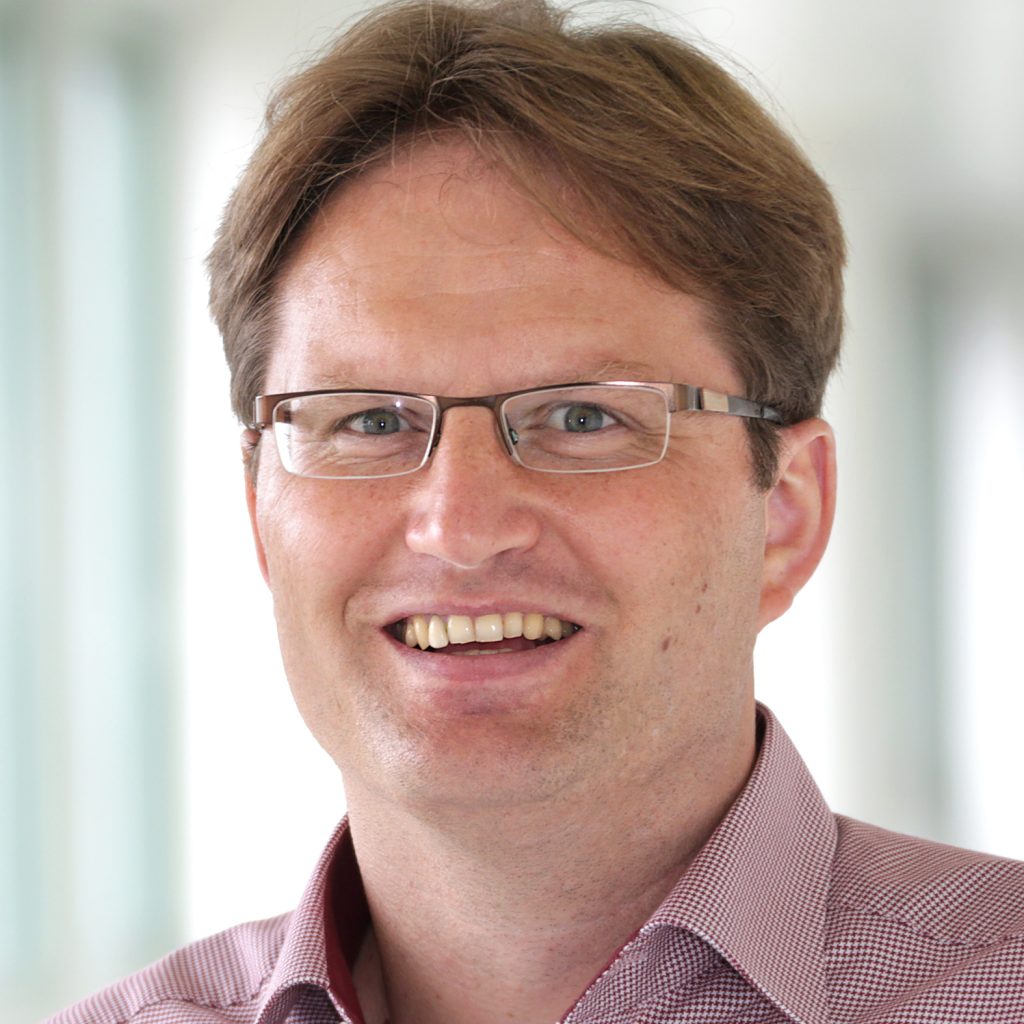
Tobias Pukrop
University of Regensburg, Germany
Chairmen of the Comprehensive Cancer Center Ostbayern (CCCO) Head of the Interdisciplinary Center for systemic Tumor-therapy (ICT) and Early Clinical Trail Unit (ECTU).
Relevant work
Since 2015 W2-University Professor of Medical Oncology, University Regensburg,
2012 – 2014 Coordinator of the Göttinger-Comprehensive Cancer Center, University Medical Center Göttingen (UMG).
2011 Board certification of Palliative Care.
2008-2014 Senior physician at Department of Internal Medicine and Hematology/Oncology (UMG).
2008 Board certification of Internal Medicine and Hematology/Oncology 2001-2008 Resident physician at Dept. Hematology/Oncology (UMG).
Professional background
Since 2017 Member of DFG FOR2127: Selection and adaptation during metastatic cancer progression. (University Regensburg).
2013 – 2016 Member of BMBF eBio MetastaSys consortium (Regensburg/UMG).
2013 – 2016 Member of BMBF eBio e:Med: Molekulare Mechanismen in Malignen Lymphomen-(UMG/Regensburg).
2011 – 2015 Group leader of the UMG funded “Excellence Group-2011” title: „Factors of the carcinoma cells („seed“) and accessory cells of the brain („soil“) in cerebral metastasis.
2012 “Habilitation and Venia Legendi” in Internal Medicine (UMG).
2007 – 2014 Member of the DFG For942: WNT signaling in development and tumor progression.
2002 MD thesis, Dept. of Biochemistry University Ulm.
1994 – 2001 Studies of Medicine at the University of Ulm.
Main research focus
(CNS)-metastasis/colonization of solid cancer and aggressive Lymphoma.

Toni Celià-Terrassa
Cancer Stem Cells & Metastasis Lab, Hospital del Mar Medical Research Institute (IMIM), Barcelona Biomedical Research Park (PRBB), Spain
Toni Celià-Terrassa is a junior group leader of the Cancer Stem Cells & Metastasis Lab at the Hospital del Mar Medical Research Institute (IMIM), Barcelona. In 2018, he obtained the Miguel Servet Grant to become an independent investigator and was incorporated at the IMIM Cancer Program. During the past years, his research has been focused on studying the cancer cell properties required for metastasis. He obtained his PhD by the University of Barcelona in 2012, and his thesis unveiled new implications of the reversable epithelial-to-mesenchymal transition (EMT) and stemness during the metastatic colonization. In 2012, he moved to Princeton (NJ, USA) where he was a Postdoctoral Fellow at Dr. Yibin Kang´s Lab; Princeton University (2012-2017). There, he specialized in breast cancer metastasis and stem cells. He elucidated the intricate molecular mechanisms of normal and malignant mammary stem cells to shield from immune system signals in breast cancer. In addition, he also studied the spatiotemporal dynamics of EMT and MET generating distinct metastatic-gene programs. In summary, he has done remarkable contributions to the mammary stem cell field, the cancer stem cell, and the metastasis colonization research. Today his group is specialized on understanding the implications the EMT dynamics at the distant site of metastasis and the tumor-immune interplay during the metastatic colonization.
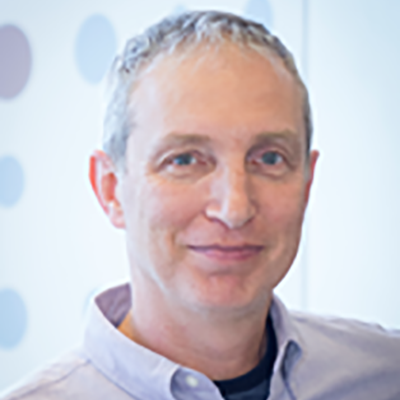
Uri Tabori
The Hospital for Sick Children, Toronto, Canada
“My clinical practice focuses on the treatment of children with cancer, with a particular focus on brain tumors and cancer predisposition. Based on my clinical experience, my research focuses on the development of systems for early detection, intervention and therapeutics in individuals highly predisposed to developing brain tumors.
My team uses knowledge of syndromes predisposing to childhood cancer to examine early detection, interventions, and to develop novel therapies for these children. I have established an international bMMRD consortium to fulfil these aims and was able to develop surveillance and clinical protocols which saves lives (Aronson, Am J Gastro 2016). Actually, we found unique signatures of these cancers which can be exploited for therapy (Shlien, Nature Genet 2015, Bouffet, J Clin Oncol 2016). We are now using the power of our consortium and international scientists and physicians to uncover novel therapies which will transform the lives of these children worldwide. The Tabori lab is focused on combining biological and translational research in paediatric oncology. Specifically, we are interested in studying mechanisms underlying brain tumor immortality and recurrence in the context of predisposition to cancer. Currently our group is studying 3 major areas related to this concept: 1. Telomere maintenance and cancer recurrence; 2. Cancer predisposition syndromes; 3. Paediatric gliomas”
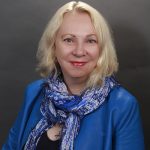
Valerie M. Weaver
Centre for Bioengineering & Tissue Regeneration – UCSF San Francisco, USA
Valerie Weaver is a Professor in the Departments of Surgery, Bioengineering & Therapeutic Sciences and Radiation Oncology at UCSF, Director of the Center for Bioengineering and Tissue Regeneration and an active member of the Helen Diller Family Comprehensive Cancer Center and the Stem Cell Program at UCSF. Her laboratory conducts studies on the role of the extracellular matrix remodelling and integrin signalling in cancer biology with active programs in breast cancer development and metastasis as well as pancreatic cancer and glioblastoma. Valerie Weaver’s group was amongst the first to recognize ECM stiffness as a key regulator of tissue homeostasis and tumour evolution. This, and recent work from her lab recognizing the importance of cell-intrinsic and microenvironment mediated biochemical and biophysical cues in tissue development, tissue homeostasis and malignancy have challenged existing paradigms regarding the genetic and biochemical regulation of tissue homeostasis and cancer. Over the past 20 years, she has either led or participated in collaborative grants including multi-PI R01s, U01s and U54s and has co-authored multiple articles with collaborators within my own institution, throughout the USA and internationally.

